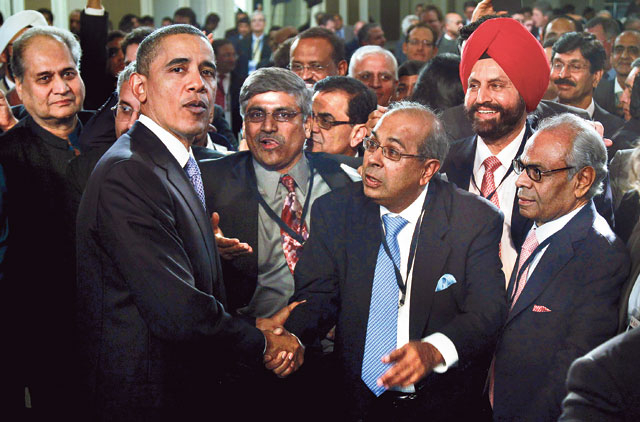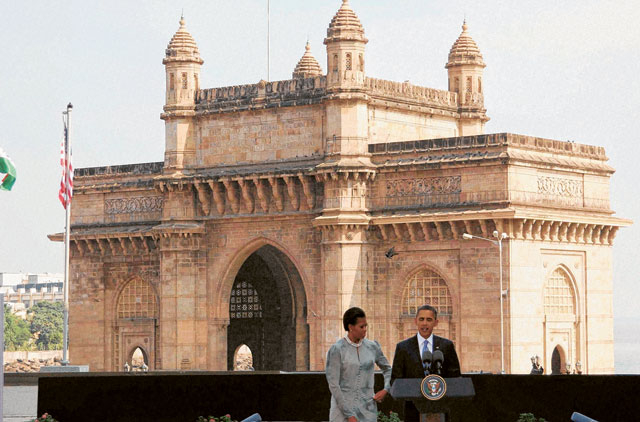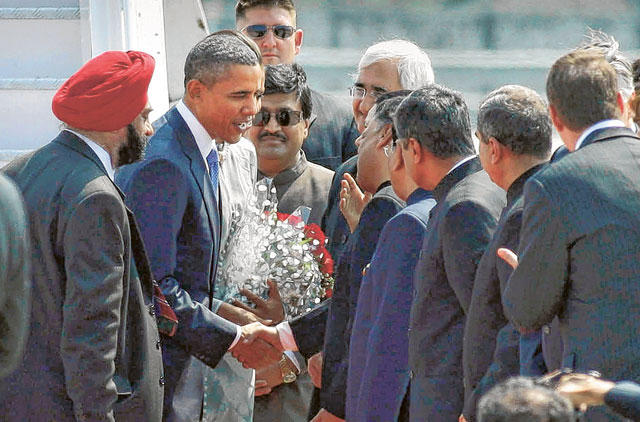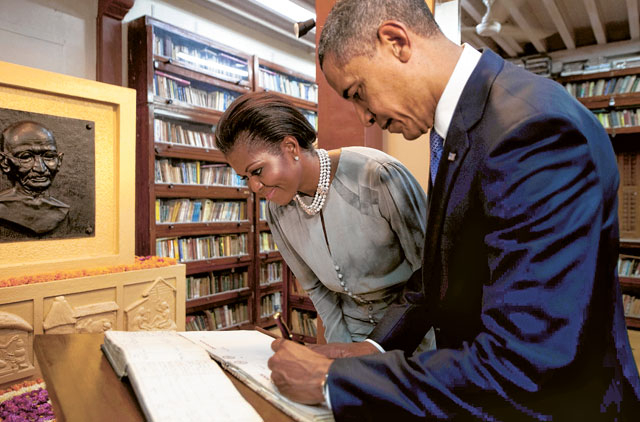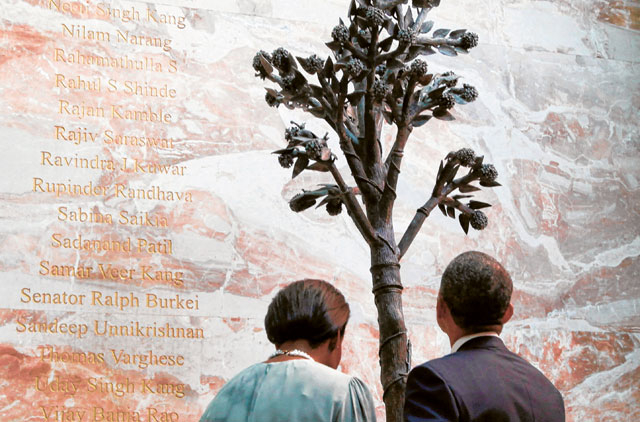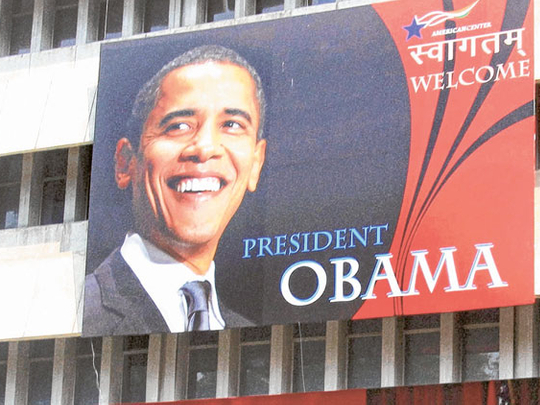
Mumbai, India: President Barack Obama's pledge to ease export controls that have long vexed India came as an unexpected salve in a relationship irritated by frictions over outsourcing and market access, Indian business leaders said on Saturday.
The export controls resulted from past concerns about India's nuclear industry. The changes would relax controls on India's purchase of "dual use" technologies that can be used for civilian or military purposes and remove India's main defense and space organisations from a blacklist of entities that face restrictions on doing business in the United States.
The controls have been seen here as a kind of technology denial at odds with the warming business and political ties the two governments have been trying to cultivate.
Bilateral trade is on track to reach $50 billion this year, but remains stymied by restrictions on foreign participation in key sectors like retail, finance and insurance and by concerns in India about mounting protectionist rhetoric in the US
The US is India's second-largest import partner, accounting for 6 percent - or $16.4 billion - of India's fast-growing import market, a number Obama would like to see grow.
The White House said trade deals worth $14.9 billion were announced on the trip, supporting an estimated 53,670 US jobs.
Anand Mahindra, managing director of Indian auto major Mahindra & Mahindra, said the export control reforms were the "showpiece announcement" for the Indian audience on Saturday.
Few expected any big bang announcements, and Mahindra said Obama benefited from expectations lowered by "scathing" US media reports on the midterm elections and a raft of Indian commentary accusing him of being antibusiness and anti-outsourcing.
"There was a perception that he was coming in after having lost a significant amount of power," he said. "A lot of editorials and commentary here before his visit were all about don't expect anything."
Pleasantly surprised
Against that backdrop, Mahindra said he was "pleasantly surprised" by the visit and that the president had done a good job calibrating his speech to reach out to both a domestic American and an Indian audience.
"He ended with an almost lyrical passage about shared values," Mahindra said.
"He and his speechwriters did a good job evoking the entrepreneurial values the two countries share. I think that resonated brilliantly with this audience."
Amit Mitra, secretary general of business group FICCI, said FICCI has been working for four years to get export controls liberalised.
"This is a big announcement for us because this is the long-term synergy we are looking for," he said, adding that it will open up business for biotechnology vaccines, computer hardware and software and the defense industry.
He also said he appreciated the president's pledge not to target Indian companies unfairly. Indian outsourcing companies have been protesting a $2,000 hike in visa fees that affects them, but not their US-based competitors that have over half their staff in the United States.
Mitra said the president's remark would go some distance to ease those tensions. "I wouldn't say all the way," he added.
Onkar Kanwar, chairman of India's largest tire manufacturer Apollo Tyres, said he appreciated the symbolism of Obama coming to India during his first term and choosing to visit Mumbai first.
"Ties are getting closer and closer, which needs to be done," he said. "After 30 years, it's the first president who has come in the first term. This demonstrates his commitment to another large democracy where he sees a lot of synergies. He's done all right."
Chanda Kochhar, chief executive of ICICI Bank, India's largest private bank, said she was eager to see pretty words translated into hard action.
"I think a good beginning has been made with President Obama's speech," she told India's CNN-IBN television. "But after the speeches are made, we have to execute the projects, make projects happen and see that trade flows improve between the two countries."


